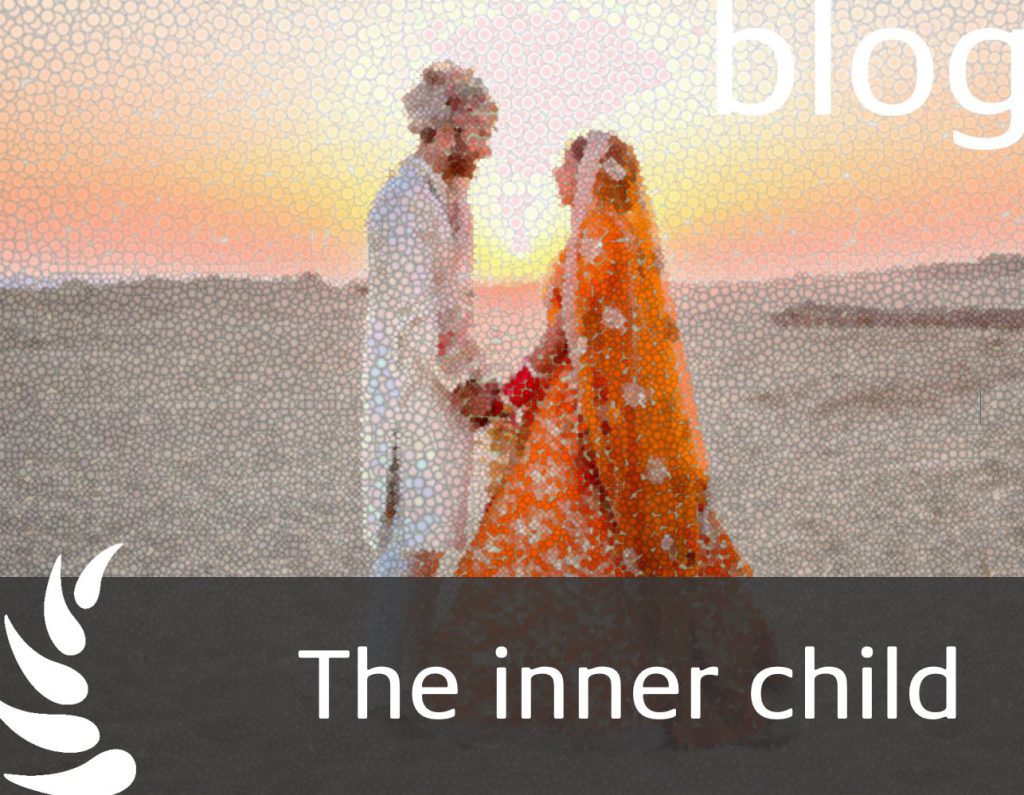The inner child
by Chacko Jacob
Keep your inner child alive. Let creativity, curiosity, wonder, and openness always be part of your life. Well, we south Asians might have slightly misunderstood this saying. We seem drawn to the worst attributes of a child: dependence and submission.
In some cultures, 18 (or 16 in some cases) seems to be this magical age that most young adults look forward to. When they reach that age, they have a legal right to emancipate themselves from the tyranny of a dysfunctional home at worst, or in the best case, they are about to leave a loving home and embark on a fully autonomous adult life.
Why is it that in India, the age of majority comes and goes without that kind of a significance?
The circumstances are present, every year, around 34 Million students enroll in colleges. But even now there are parents forcing their offspring into college degrees they think is best for their child. It doesn’t stop there. There is a heavy influence from the parents (and even the extended family) on the choice of a life partner, or to get married. The biggest worry of many who fall in love and want to tie the knot, is whether their families will be okay with their choice (of course, religion and caste have a huge role to play here, but let’s not open that can of worms now). After marriage, don’t forget about the pressure to start popping out babies as soon as possible. It must be noted here that women really get the short end of the stick here. They leave their oppressive biological families to become part of a stranger’s. Common phrases a newlywed woman might hear from her in-laws are: “Dress a little more modestly”, “you shouldn’t be talking to other men besides your husband”, “there’s no need for you to work, your husband earns enough”, “you’ve yet to learn a lot in the kitchen”. Ah, maybe it’s not that bad for some, but they are the lucky ones.
Is this a rage inducing read for those of you who are from a different culture, or those of you who grew up in it but detest it? You can’t for the life of you understand why people would go along with such a system. If it were you, you would walk out of that kitchen with both your middle fingers in the air. Well, let’s calm down and ask why things are the way they are.
The “joint family” has weathered the test of time. The prediction that mass migration to urban areas will destroy the joint family has in a way been proven wrong. Many “joint” families may be living apart from each other, but the old structures of familial influence and pressure still exist.
The idea of three generations living together was to provide stability to all members regardless of their earning potential, physical ability, or skillset. Like a commune, where the common thread is being related, and the work is divided on the basis of gender and age. Older males typically have more power. In the absence of adequate state welfare, the retired and elderly are cared for, the burden from the loss of employment of one member of the family is borne by all, and healthcare becomes affordable.
The one obvious problem brought about by this system is the lack of individual autonomy and expression (especially for women). A significant threat to the joint family is women empowerment. If a structure disintegrates when women are empowered, that change is a welcome one in my book.
I think the common (reasonable) fears of change in the current family system are thus:
- Families will become fragmented
- Elderly parents will be neglected
- We will lose our culture
Families are important, there is no doubt about that. They provide the first human interactions between a child and the larger world, and a safe environment for children to explore, fail and learn. So, it becomes all the more important that they grow up experiencing what equality means. That cultural values are not beat into them through fear and heavy handedness; but that ethics are inculcated into them through interaction with positive role models of all genders. It becomes less important then, to make children conform, or to play it safe and over protect them by deciding everything for them.
Bonds that are based on authority and a rigid structure are more fragile than those based on acceptance and love. I grew in the rural North of India; I have seen the neglect of the elderly first-hand. We need structures in place not just to protect the most vulnerable, but also to create an environment where they thrive. Not that the aged population should become solely the state’s responsibility. No one should have to fear abandonment or dependence in their old age, both are equally disempowering. There needs to be plenty of opportunities to have a financially secure and productive retirement, and this isn’t possible without a mindset shift from dependency to freedom.
Cultures change from decade to decade, there is nothing wrong in continually trying to better ourselves, culture should be looked at as a malleable code for collectively living the best lives we can, not as something to hold on to even if it is hurting a certain section of society, or clashing with the changing times and holding us back.
Autonomy, and individual freedom and expression are nothing to be scared of. It doesn’t mean the end of the joint family. It could well mean an improvement to it.

